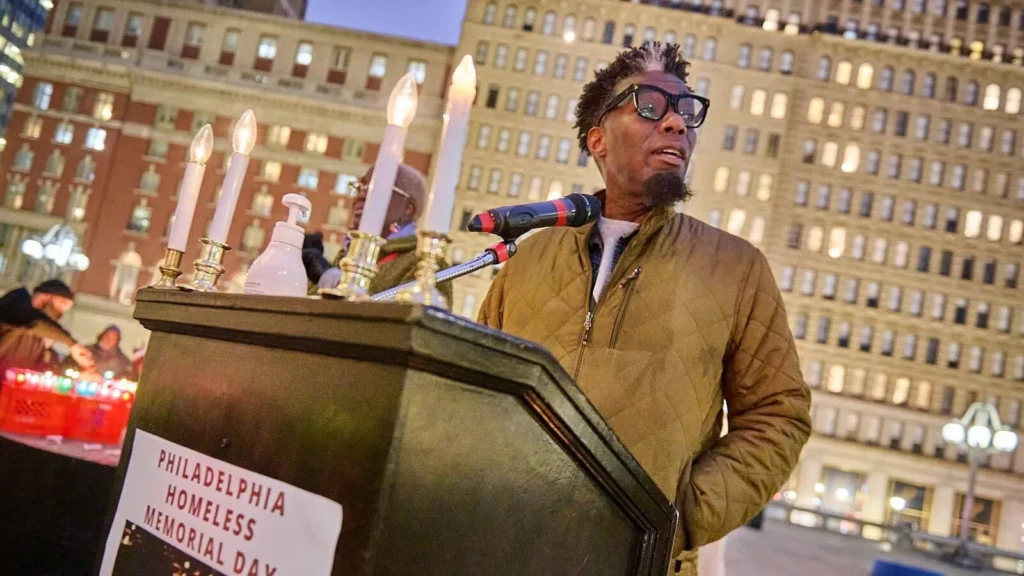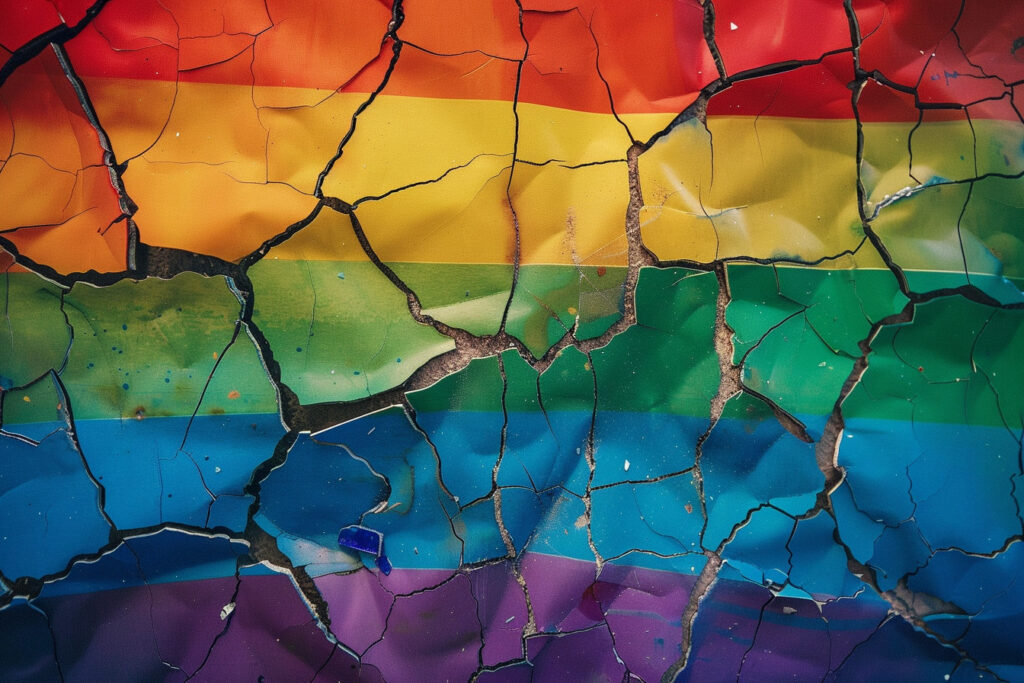Last month a lesbian couple made headlines when a story broke out, that Jennifer Cramblett and Amanda Zinkon went to Chicago’s Midwest Sperm Bank to become pregnant with a baby that looked like them and instead the bank erroneously gave them sperm from a Black donor, prompting a lawsuit for $50,000 in damages. In the wake of the media frenzy around this story, many people were startled that a lesbian couple could be so intolerant as they lamented about the trials and tribulations of raising a mixed-race baby, in an all-White rural environment of Ohio.
Gay and lesbian couples spend a significant amount of money conceiving a child, going through a sperm bank and choosing a donor – in which most hope that they will have a child that is ethnically reflective of their family make-up. In this case, a mistake was made and the reality of having what society will undoubtedly identify as a Black baby was born. Admittedly, this is no small mix up and is sure to upset any family, however what is interesting is the reaction people have had to this situation. Many people have responded to the story with genuine curiosity around how two lesbians can be so racist in their comments and approach to the reality of having a mixed-race baby. The couple has cited emotional distress and depression in raising the baby in an all White environment, around family members who are racially intolerant, a school district that is decidedly White and bringing the baby to a hair dresser in a Black neighborhood.
Heterosexuals tend to assume that the LGBTQ community is progressive on issues of race and that queer people of color and queer White people are all holding hands singing ‘kumbaya’ – this is simply not the case. It never has been the case. This situation is just another reflection of the reality of the LGBTQ community, although a much-needed entry way into discussing race relations across the queer community.
One can look to Proposition 8, also known as the California Marriage Protection Act, which was a ballot initiative approved by a majority of California voters on November 4, 2008 that modified California's constitution to prohibit same-sex marriage (which was overturned in 2010). On November 4, 2008, over 50% of the voters agreed to eliminate the right of same-sex couples to marry in the state of California. There was a full out “blame the blacks” smear campaign after Prop 8 was passed. This provoked a firestorm of commentary about the racial divide between the gay community and communities of color. So-called progressive gay activists were some of the most vocal in articulating their disgust with Black people.
As one tries to contextualize the blatant racial bigotry of the family and the racially charged comments made by Jennifer Cramblett, please remember that racism across the LGBTQ community is alive and well. We live in a time in which White gay and lesbian citizens would rather vote for a Republican party that is very clear about their intentions to block same-sex rights and in some cases criminalize homosexuality, than vote for a Black President who supports the LGBTQ community in no uncertain terms. According to a 2010 CNN exit poll, more self-identified lesbians, gay men and bisexuals voted for Republicans in the midterm election than ever before. Nearly one third of self-identified gay voters pulled the lever for Republicans. Economic or military ideologies should never outweigh an individuals civil liberties – but they do in America.
I agree with Dr. Brittney Cooper, in her October article titled, America’s sex and race failure: Why Raven-Symone and an Ohio couple are struggling, when she states, “for this queer couple, the presence of their Black daughter disrupts their ability to exist comfortably in the space of whiteness that defines their community, a community that they admit is deeply homophobic. Having chosen to be a queer family in the midst of a heteronormative white universe in Ohio, their Black child has now disrupted their access to white power and privilege”.
One has to look no further than the rhetorical strategies of the Gay Rights Movement in order to gauge the racial tension across the LGBTQ community. Yes, the aftermath of Prop 8 was an important clue about the history and condition of race relations in the LGBTQ community but the ways in which White gay rights leaders invoked Blackness or specifically, The Civil Rights Movement when it was politically convenient was problematic and fueled racial tension across the LGBTQ community and the Black community at large. You may remember the phrase, The Gay Rights Movement is the new Civil Rights Movement – this was problematic because people of color were largely excluded from the Gay Rights Movement as it focused on White-male dominated issues. The Gay Rights Movement aesthetic indicated that people of color were not included, needed or welcomed, but the notion that one is entitled to use racial history in this country, as a means of political convenience was then a slap in the face to not only the Black queer community, but also the Black community at large. This notion was also symptomatic of White privilege.
Just because the lesbian/gay community is a minority community in the United States, does not make it immune to the systemic and cultural oppressive ideals that fuel much of American ideology. Racism in the lesbian/ gay community follows a cultural logic, as whiteness and white privilege have played a major role in the construction of the LGBTQ movement, its rhetoric and its causes. The lived experiences of LGBTQ people of color are riddled with the same sentiments displayed by this lesbian couple raising a Black baby – Blackness threatens and disrupts ones community, poses a threat to ones family structure that is all too comfortable tolerating racism and forces one to enter into the deviant space of the ‘other’.
These are all nuanced issues, which should be brought to the forefront for open and honest discussion across the LGBTQ community.
Empower Philadelphia: The Michael Hinson Mission Grants
Philly Black Pride introduces the Michael Hinson Mission Grants to honor Michael S. Hinson Jr.’s legacy, supporting Black LGBTQ+ individuals in academic and community initiatives. Apply now!






